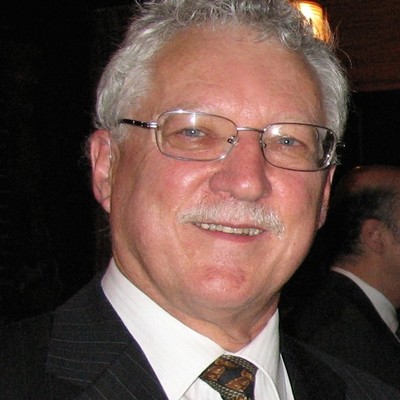 |
||
Randall has previously served as President of the NZSOHNS, the ANZ Head and Neck Society, and the Asia-Oceania Association of Otolaryngology Societies, and held office as a RACS Councillor, RACS Examiner in Otolaryngology-Head and Neck Surgery, and Chairman of the RACS Head and Neck Section.
He was the 2005 RACS Foundation Lecturer in Head and Neck Surgery, the Welsh ENT Society’s 2006 Robert Owen Lecturer, the University of London 2009 Semon Lecturer, the AAOHNS 2010 Eugene N Myers Lecturer, and the Northern Region 2014 Roydhouse Lecturer.
Randall’s main clinical interest has been head and neck surgery, and his academic activity mainly clinical outcomes research. His MSc thesis was on the epidemiology of sino-nasal cancer, and his Triologic Society thesis was based on quality-of-life outcomes in head and neck cancer patients. He has over 175 peer-reviewed publications, several chapters in books, and recently co-edited a 3-volume textbook.
He was awarded the RACS Colin McRea Medal in 2004.
Supported by his wife, two daughters, and two granddaughters, he plays the bagpipes in a Pipe & Drum band and avoids invitations to play golf. Loves Australian Rules football, Soccer and Cricket … and the All Blacks!
James Hardie Neil Lecture - Clinical Outcomes In Practice
Introduction: “Clinical Outcomes” are part of our everyday clinical practice, and form the basis for our obligatory annual clinical audit activity. As surgeons, we need to understand the meaningfulness of the reporting of our clinical outcomes (“the plural of anecdote is not data”). This presentation aims to provide a context for this.
History: The history of the reporting of clinical outcomes starts in the 16th century. An 18th century landmark study is followed by 20TH century pioneering work. The subsequent proliferation of clinical outcomes studies in the 21st century has been profound.
Outcomes Measurement: Outcomes may reflect measures based on disease, treatment, observer or patient. Such measures require a degree of rigour and analysis in a context that is meaningful. Meaningful measures generally relate to high volume data where the baseline risk is sufficiently great.
Outcomes in Otolaryngology: By way of illustration, examples are provided from Head & Neck Cancer, Thyroid Surgery, and Salivary Duct Surgery.
Pitfalls: Guidelines are given for pursuing clinical outcomes, together with cautionary notes on the risk of type I and type II errors in the observation and reporting of clinical outcomes.
|
